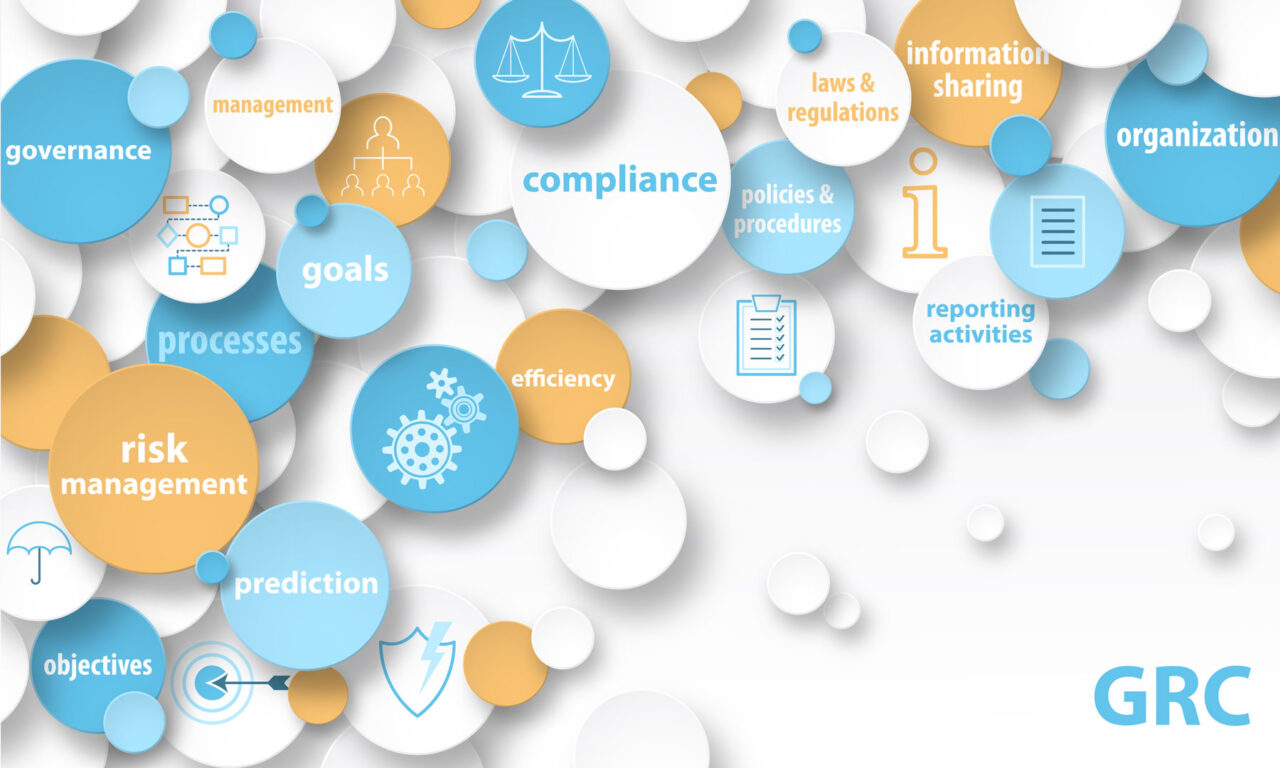AML regulations aim to prevent the use of illicitly obtained funds and assets for criminal activities. DNFBPs, or Designated Non-Financial Businesses and Professions, refer to a diverse group of entities or individuals, such as real estate agents, lawyers, and dealers in precious metals or stones, that are involved in activities outside of the traditional financial sector but have potential to be exploited for money laundering, terrorist financing, or other illicit financial activities.
DNFBPs have a legal obligation to comply with AML regulations to prevent money laundering and terrorist financing. However, there are several challenges that they face in fulfilling their AML obligations.
Some of these challenges include:
- Compliance with regulatory changes: AML regulations are constantly evolving, and DNFBPs need to keep up with the changes to ensure they are compliant with the latest regulations.
- Identifying high-risk clients: DNFBPs need to have an effective risk-based approach to identifying high-risk clients who may be more susceptible to money laundering or terrorist financing. However, identifying these clients can be challenging, especially if they have complex ownership structures or operate in high-risk jurisdictions.
- Resource constraints: Compliance with AML regulations can be resource-intensive, and smaller DNFBPs may struggle to allocate sufficient resources to comply with all of their obligations.
- Data quality and management: DNFBPs must rely on accurate and up-to-date data to identify and manage AML risks. However, data quality can be a challenge, particularly when dealing with large volumes of data across multiple systems.
- Suspicious activity reporting: DNFBPs have a legal obligation to report suspicious activity to the relevant authorities. However, identifying suspicious activity can be challenging, and there is a risk of both over-reporting and under-reporting.
- Training and awareness: DNFBPs need to ensure that their staff is adequately trained and aware of their AML obligations. However, training can be time-consuming and expensive, and staff turnover can create gaps in knowledge and expertise.
Overall, DNFBPs face a range of challenges in complying with AML regulations. To overcome these challenges, they need to have effective risk management systems and processes in place, allocate sufficient resources to comply with their obligations, and stay up to date with the latest regulatory developments.
Jacqueline Maduneme, CEO, Compliance Core




